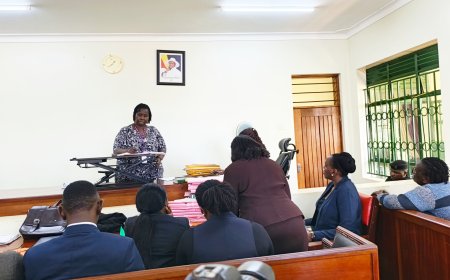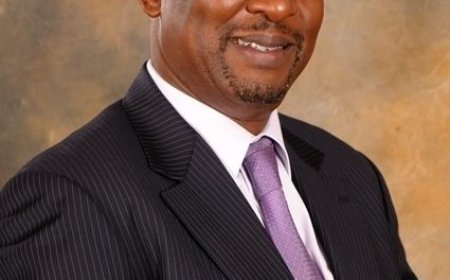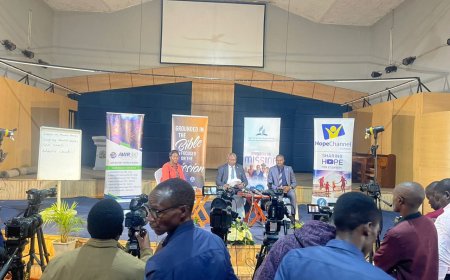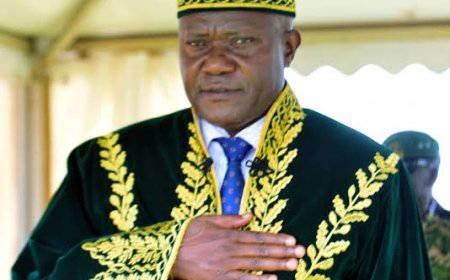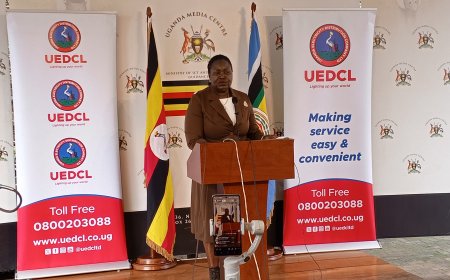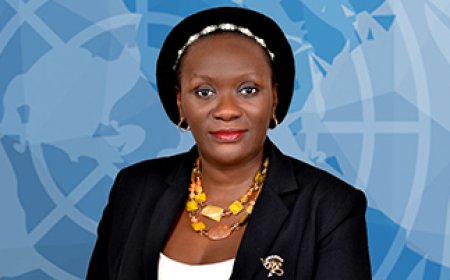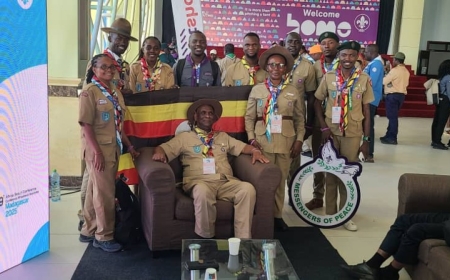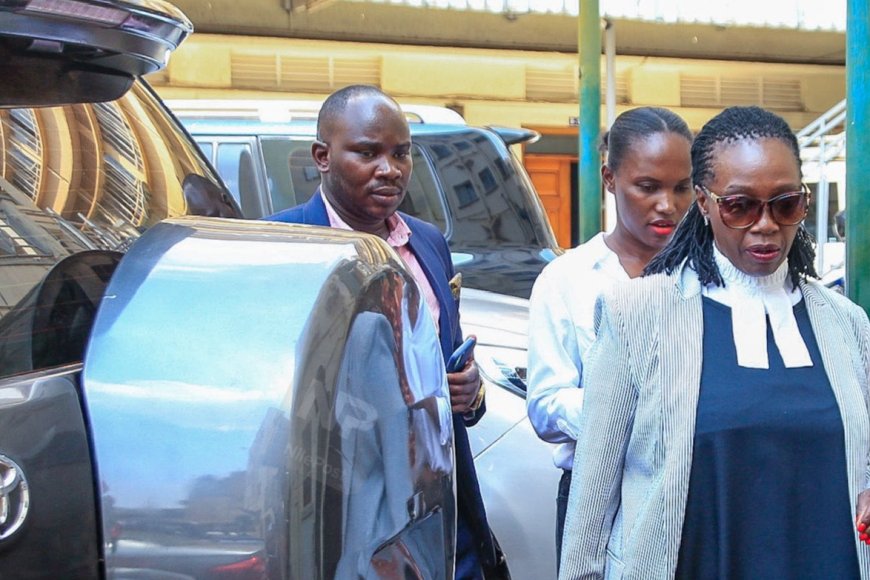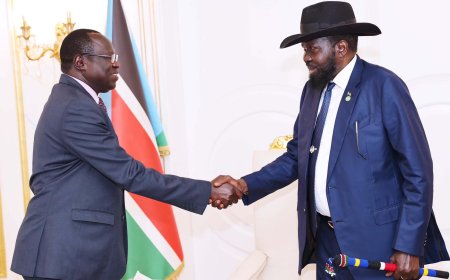Ismail Kibedi Nunguli Calls for a New Beginning: Building Uganda Afresh
Ismail Kibedi Nunguli, an officer at the Ministry of ICT and National Guidance, has called for a renewed effort to build Uganda afresh, addressing the longstanding challenges that have hindered the country’s progress. He emphasizes the need for national unity, accountability, and transformative leadership to steer Uganda towards a prosperous future.
Uganda, a country endowed with immense natural resources, a vibrant youthful population, and a rich cultural heritage, stands at a crucial crossroads. Ismail Kibedi Nunguli, an officer at the Ministry of ICT and National Guidance, has called for a renewed effort to build Uganda afresh, addressing the longstanding challenges that have hindered the country’s progress. He emphasizes the need for national unity, accountability, and transformative leadership to steer Uganda towards a prosperous future.
Addressing Corruption and Promoting Accountability
One of the major obstacles Uganda faces is corruption, which has infiltrated various sectors, diverting resources meant for public services into private hands. Nunguli underscores the necessity of adopting a zero-tolerance policy toward corruption. This requires strong political will, the empowerment of anti-corruption institutions, and active citizen participation in holding leaders accountable. Transparency and accountability should not be mere rhetoric but must become the standard practice in governance.
Meritocracy Over Nepotism
Nunguli advocates for a system where appointments and employment are based on merit, competence, and integrity rather than personal connections. By prioritizing these values, Uganda can harness the full potential of its skilled population, ensuring progress driven by ability rather than favoritism. This shift will help to foster innovation, efficiency, and productivity in both public and private sectors.
National Unity and Inclusivity
Uganda's diversity should be a source of strength rather than division. Nunguli calls for the promotion of national unity through inclusive policies, equitable resource distribution, and patriotism that transcends ethnic and regional lines. To heal past wounds and build a cohesive society, fostering dialogue and reconciliation is essential. This approach will create a more inclusive and harmonious Uganda.
Religious Tolerance and Coexistence
As a nation with a rich mix of religious beliefs, Uganda must embrace tolerance and interfaith dialogue. Nunguli emphasizes that respect for different beliefs and collective efforts in community development can help bridge religious divides and foster harmony. Promoting religious coexistence will strengthen social cohesion and create a more peaceful environment.
Investing in Youth and Education
With a youthful population forming the majority, Uganda’s future depends on empowering its young people. Nunguli stresses the importance of investing in quality education, skills development, and job creation. A well-educated and empowered youth can drive innovation, entrepreneurship, and social change. This will not only contribute to national development but also break the cycle of dependency and frustration among young Ugandans.
Strengthening Democratic Institutions and Governance
For Uganda to truly rebuild itself, strong and independent institutions must be established to uphold the rule of law and democratic principles. Nunguli asserts that the judiciary, legislature, and executive should function without interference to ensure justice and protect citizens’ rights. Democratic governance should be characterized by free and fair elections, respect for human rights, and active civic participation.
A Call to Collective Action
The journey toward rebuilding Uganda afresh is challenging but achievable. Nunguli calls upon all stakeholders—the government, civil society, religious and cultural leaders, and citizens—to rise above their differences and work together for a united, prosperous, and just Uganda. He believes that if those who have wronged Uganda—through corruption, mismanagement, and detrimental actions—genuinely commit to ending such practices and prioritize integrity, the country has great potential to prosper.
However, transformation requires more than just promises; it demands consistent action and strict enforcement of laws to ensure long-term progress. By rejecting the vices that have held the nation back and embracing a new beginning, Uganda can be rebuilt into a country that future generations will be proud of.
Ismail Kibedi Nunguli’s call to build Uganda afresh is a timely and necessary reminder that national transformation begins with collective commitment. Through integrity, meritocracy, accountability, unity, and investment in the youth, Uganda can overcome its challenges and chart a new course towards sustainable development. The time to act is now, and every Ugandan has a role to play in shaping the nation’s future.











































































